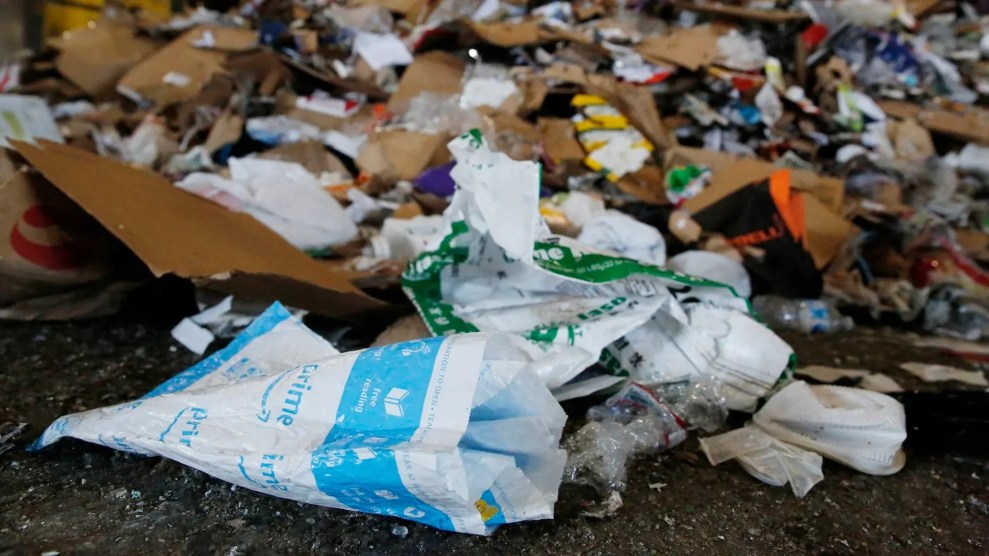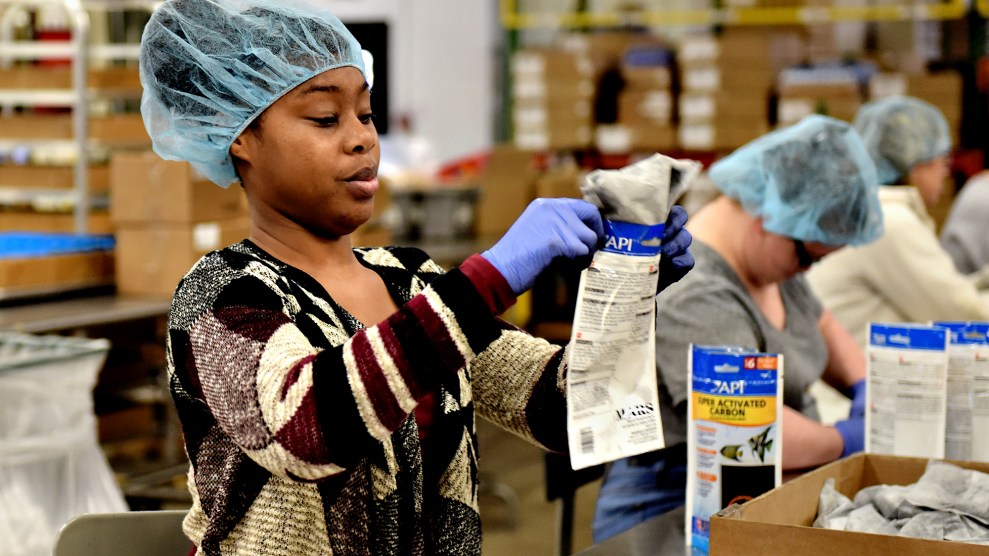Scientific American and Nature recently published the results of a survey they undertook to understand how Americans feel about science. Unfortunately, because they solicited participation via their respective websites, the 21,000 respondents were above-average in scientific understanding: a whopping 19% had doctorates, versus around 1% of the general population. Predictably, the #1 source of trusted information for this reader group was… wait for it… scientists! The least trusted was “religious authorities.”
Despite this bias, one encouraging finding was that climate denialism is shrinking, and the US is not among the worst offenders. According to the survey, in the US 37% of people are “more certain” humans are changing the climate, while 14% were “more doubtful” of man-made climate change. In contrast, in Japan 22% were more doubtful, and in Brazil, 20%. Overall, however, “Among those respondents who have changed their opinions in the past year, three times more said they are more certain than less certain that humans are changing the climate,” the survey reported.
The Scientific American/Nature survey was directed at a very science-literate crowd. But what about the rest of the nation? Other sources show that believing in climate change is just half the battle. Around 36% of Americans believe in man-made climate change, but 30% of those believers felt the media was “overstating evidence about climate change,” said a January 2010 report by the Brookings Institution. Brookings found that Americans were decreasingly worried about the effects of global warming, with half declaring it a “very serious problem” in 2009, down from 60% a year earlier. A March 2010 Gallup poll echoed these findings, reporting that between 2008 and 2010, 10% fewer people thought global warming would pose a threat to them during their lifetimes. For those who are upset by the lack of public concern and legislative action on climate, the news only gets worse when you move from the American public to its elected officials: A Wonk Room survey found that of all the Republican Senate candidates this year, not a single one supports action on climate. Good luck up there on the Hill, climate activists. You’re gonna need it.












